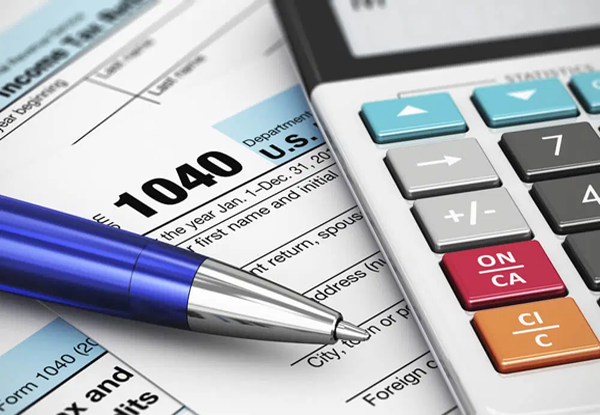Revised IRS Publication 570 Released – Tax Guide for Individuals With Income From U.S. Possessions
- Posted: March 1, 2020
- Posted by: Travis Lynk
- Last Reviewed: July 13, 2021

On February 21, 2020, the IRS published an updated and revised Publication 570 – Tax Guide for Individuals With Income From U.S. Possessions (“Publication 570”). Publication 570 provides detailed information on the tax treatment for U.S. individuals with income sourced from U.S. possessions, including Puerto Rico. Publication 570 contains detailed rules and examples related to determining days of presence days, closer connection, and tax home for U.S. individuals who may be considered bona fide residents of U.S. territories, including Puerto Rico. The most recent previous edition of Publication 570 was published February 22, 2019.
In the revised and updated Publication 570, the IRS has listed the following items below under the sub-heading “What’s New”.
To view/download the current, February 21, 2020 edition of Publication 570, visit the IRS website here.
What’s New:
Disaster tax relief. In December 2019, disaster tax relief was enacted for those impacted by certain Presidentially declared disasters. Taxpayers in certain territories (see www.IRS.gov/DisasterTaxRelief) who are required to file a U.S. federal income tax return may be affected.
To learn more about the disaster tax relief that may be available, see chapter 4. Also, see the Instructions for Forms 1040 and 1040-SR.
Automatic 60-day extension. Recent legislation provides an automatic 60-day extension of certain tax deadlines due to federally declared disasters that occur after December 20, 2019. For more information, see Extension of Time To File, later.
Form 1040-SR. Form 1040-SR, U.S. Tax Return for Seniors, has been introduced for 2019. You can use this form if you were born before January 2, 1955. The Form 1040-SR generally mirrors Form 1040. For more information, see Form 1040-SR and the Instructions for Forms 1040 and 1040-SR.
Qualified opportunity zones (QOZs). The Tax Cuts and Jobs Act (TCJA) amended the Internal Revenue Code to encourage investments in designated economically distressed communities by providing income tax benefits to taxpayers who invest new capital in businesses located within QOZs. There are QOZs located in the 50 states, the District of Columbia, American Samoa, the CNMI, Guam, Puerto Rico, and the USVI.
Bona fide residents of the CNMI, Guam, and the USVI will generally report qualifying investments on the income tax return they file with their territory tax agency, while residents of American Samoa and Puerto Rico will report qualifying investments on their U.S. income tax return. For additional information, see the QOZ FAQs at www.IRS.gov/newsroom/opportunity-zones-frequently-asked-questions. Taxpayers should also consult with their territory tax agency for additional information.
Standard deduction amount. For 2019, the standard deduction amount has increased for all filers. See Standard deduction amount, later.
Maximum income subject to social security tax. For 2019, the maximum amount of self-employment income subject to social security tax is $132,900. The amount will increase to $137,700 for 2020.
Optional methods to figure net earnings. For 2019, the maximum income for using the optional methods is $5,440. This amount will increase to $5,640 for 2020.
Disclaimer: Neither PRelocate, LLC, nor any of its affiliates (together “PRelocate”) are law firms, and this is not legal advice. You should use common sense and rely on your own legal counsel for a formal legal opinion on Puerto Rico’s tax incentives, maintaining bona fide residence in Puerto Rico, and any other issues related to taxes or residency in Puerto Rico. PRelocate does not assume any responsibility for the contents of, or the consequences of using, any version of any real estate or other document templates or any spreadsheets found on our website (together, the “Materials”). Before using any Materials, you should consult with legal counsel licensed to practice in the relevant jurisdiction.





